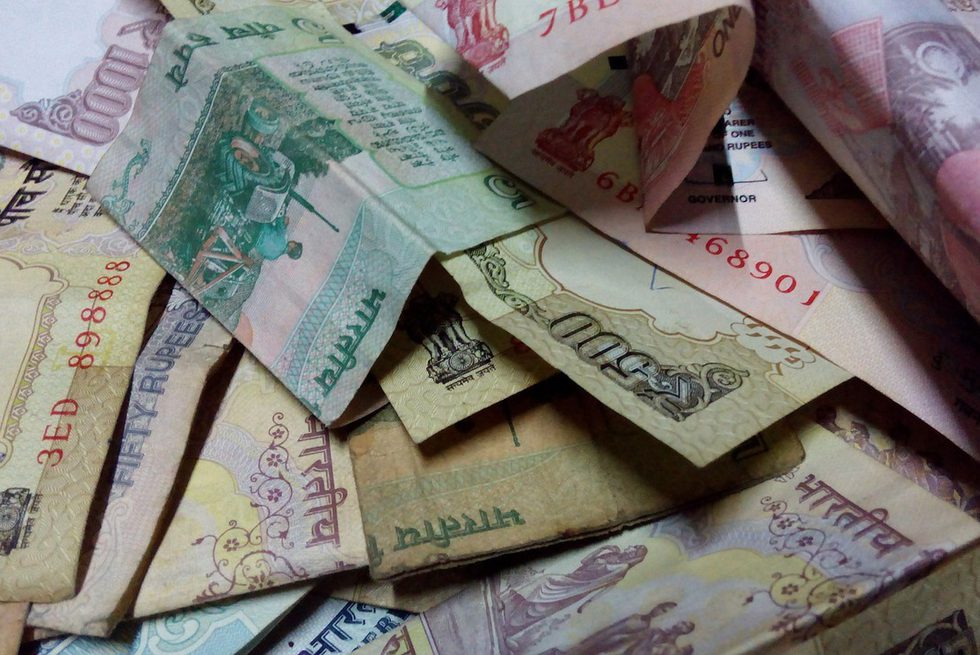
On November 8, 2016, Prime Minister Narendra Modi demonetized 86 percent of the cash circulating in India. While citizens were allowed to deposit and exchange notes for a limited (and shifting) period of time, the fallout of the executive order included a large-scale cash crunch and an atmosphere of crisis throughout the nation. This Hot Spots series analyzes demonetization as a critical event that revealed and produced changing relations of citizenship and sovereignty. Contributors analyze the immediate aftermath of and the longer temporalities through which demonetization arose in order to consider the effects of executive decision-making, the meanings people draw from it, and local attempts to grapple with the transition from informal to formal finance. The series also critically comments on the relation of finance and banking to a political anthropology.
Posts in This Series

Introduction: Anthropology in the Age of Executive Orders
In January 2017, a small-town rag picker in India found nearly one million rupees ($14,500) abandoned in a garbage bag on the streets. Two months earlier, bundl... More

Crisis, Again: On Demonetization and Microfinance
Every morning, poor women across India attend microfinance group meetings to repay their small loans. Piles of cash are sorted by the microfinance institution (... More

Improvising Demonetization in a Kashmiri Bank
On November 9, 2016, I arrived at my fieldsite, a bank branch in Indian-controlled Kashmir, with no idea of what to expect. The prime minister of India had just... More

Demonetization and the Normalization of Agrarian Distress
“You are relating two unrelated things,” said B. Radhakrishnan, the collector of Nashik district. I had asked him for an official estimate of the loss to farmer... More

Trading Notes
In November 2016, in the immediate aftermath of demonetization, India’s vast and voluminous system of agricultural markets—a historically cash-driven enterprise... More

Cash Cultures: Risk, Hoarding, and the Futures of Indian Finance
Let us take cash seriously, if cash is what caused the crisis. Let us ask: Who had cash? Who transformed cash? Where did the cash go? And what does this sudden ... More

Notes (Aplenty) from a Mumbai Election
On February 21, 2017, Mumbai went to the polls to elect the 227 city councilors who would preside over an annual budget of around ₹370 billion—by far the larges... More

(De)monetizing Health: Cash, Credit, and the Commoditization of Indian Healthcare
On February 7, 2017, nearly three months after declaring large-denomination notes no longer legal tender, Prime Minister Narendra Modi suggested that members of... More

Amateur Indian Anthropology and a Trio of Dichotomies
In the face of its obvious disastrousness, what allowed for the sustained social support of India’s 2016 notebandi (demonetization; literally, the stoppage of n... More

New Economies of Inclusion and the Old Politics of Deception: How Demonetization Was Made Socially Acceptable
No formal government program or agenda has been so socially malignant for India as the 2016 demonetization, both in the intent and manner in which the policy wa... More

The Promise of Purity
In its earliest justifications, demonetization was represented as targeting the widespread presence of black money in all manner of transactions as a generic ma... More

Remonetization, or, Life in the Flash Queue
It wasn’t long ago that lack of cash marked people in India as poor or even backward in the eyes of government planners. To be cashless in the old days was to i... More

Demonetizing to Build the Demos
I have come to debase the coinage.—DiogenesAs I was reading these compelling slices of a dramatic (or, better yet, draconian) history unfolding in real time, ... More

Give and Take, Part One: Demonetization’s Pragmatics and Politics
Why are we surprised by demonetization? After all, governments have often reasserted their power over national currencies by withdrawing from circulation or red... More

Give and Take, Part Two: Demonetization and the Pedigrees of Money
Questions about money go back to the very beginning of the modern Indian state. Demonetization brought them again to the surface. In an interview with The India... More

Demonetization and the Temporalities of Life
The English language’s composite heritage has allowed each word to register shifting allusions, according to time, place, and the people’s own vernacular. Cash.... More